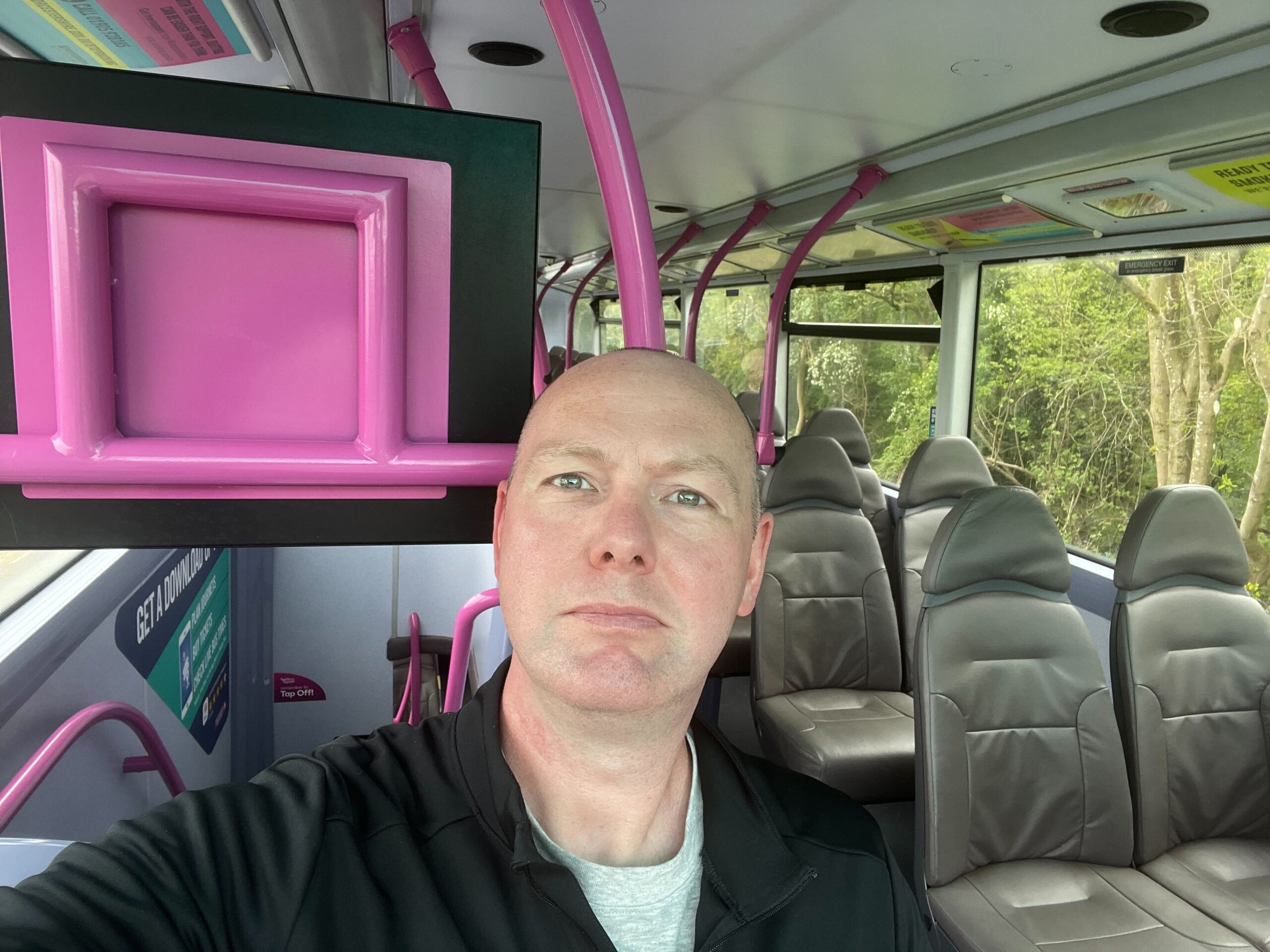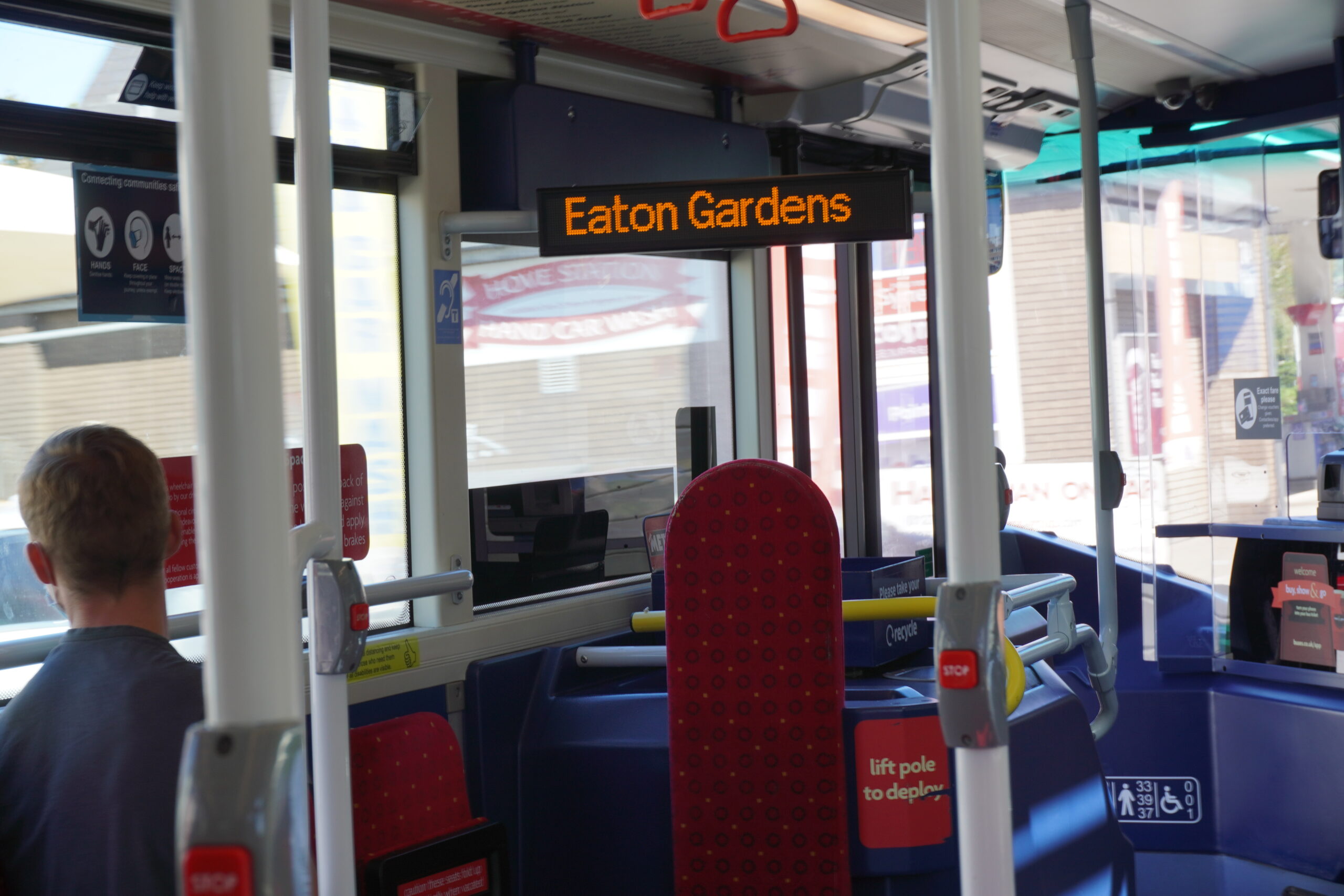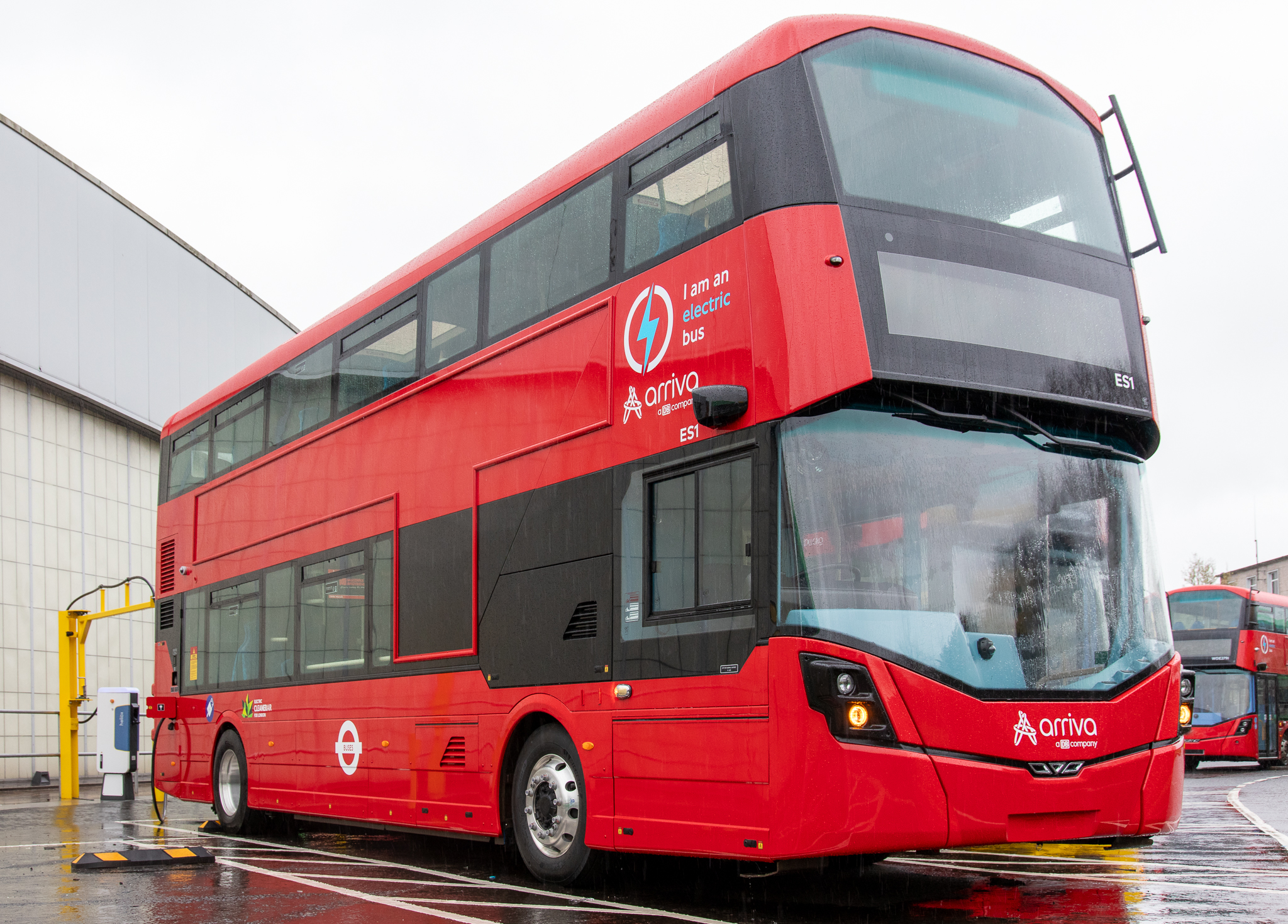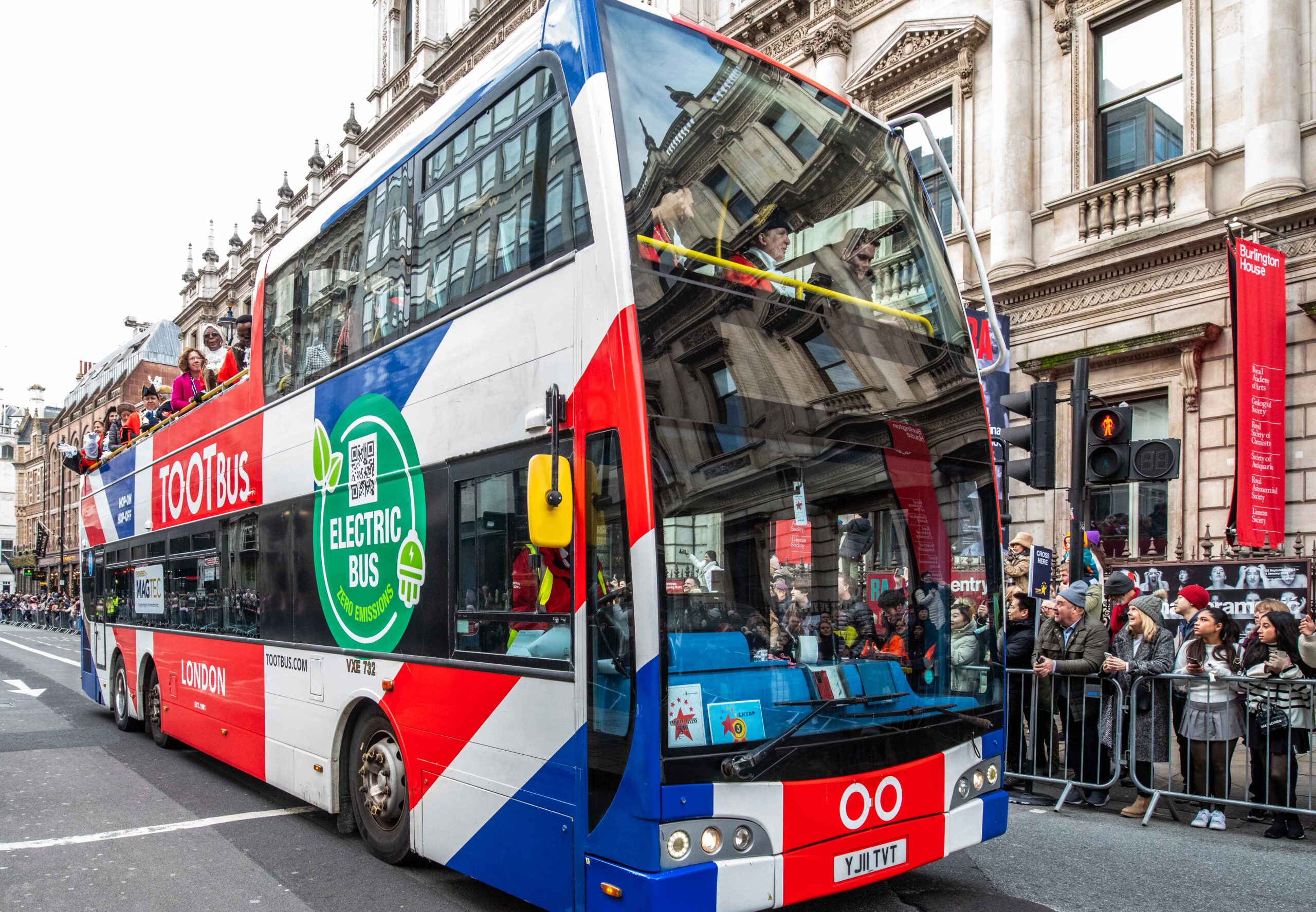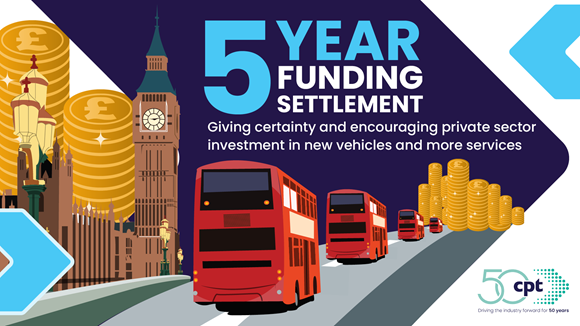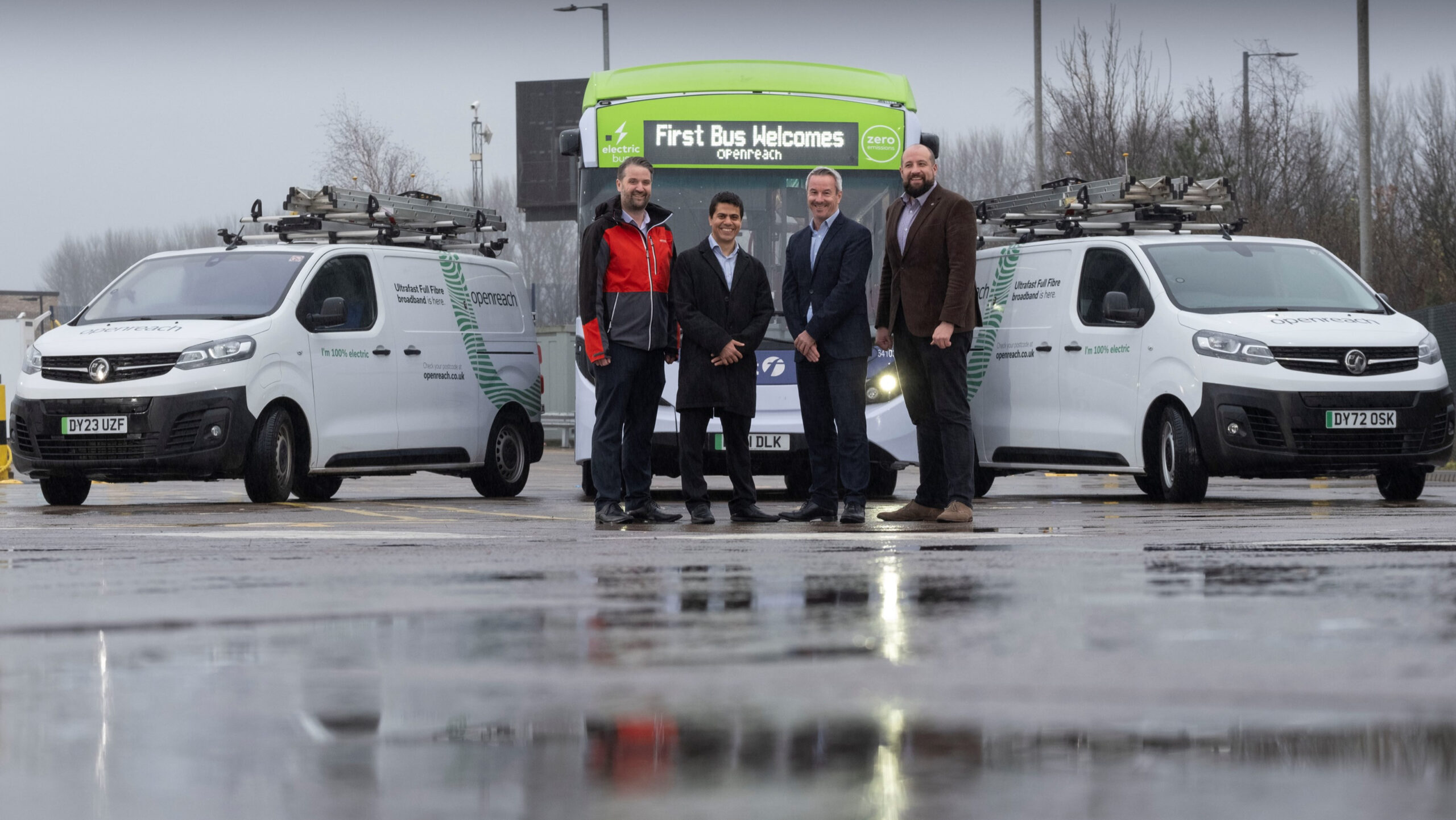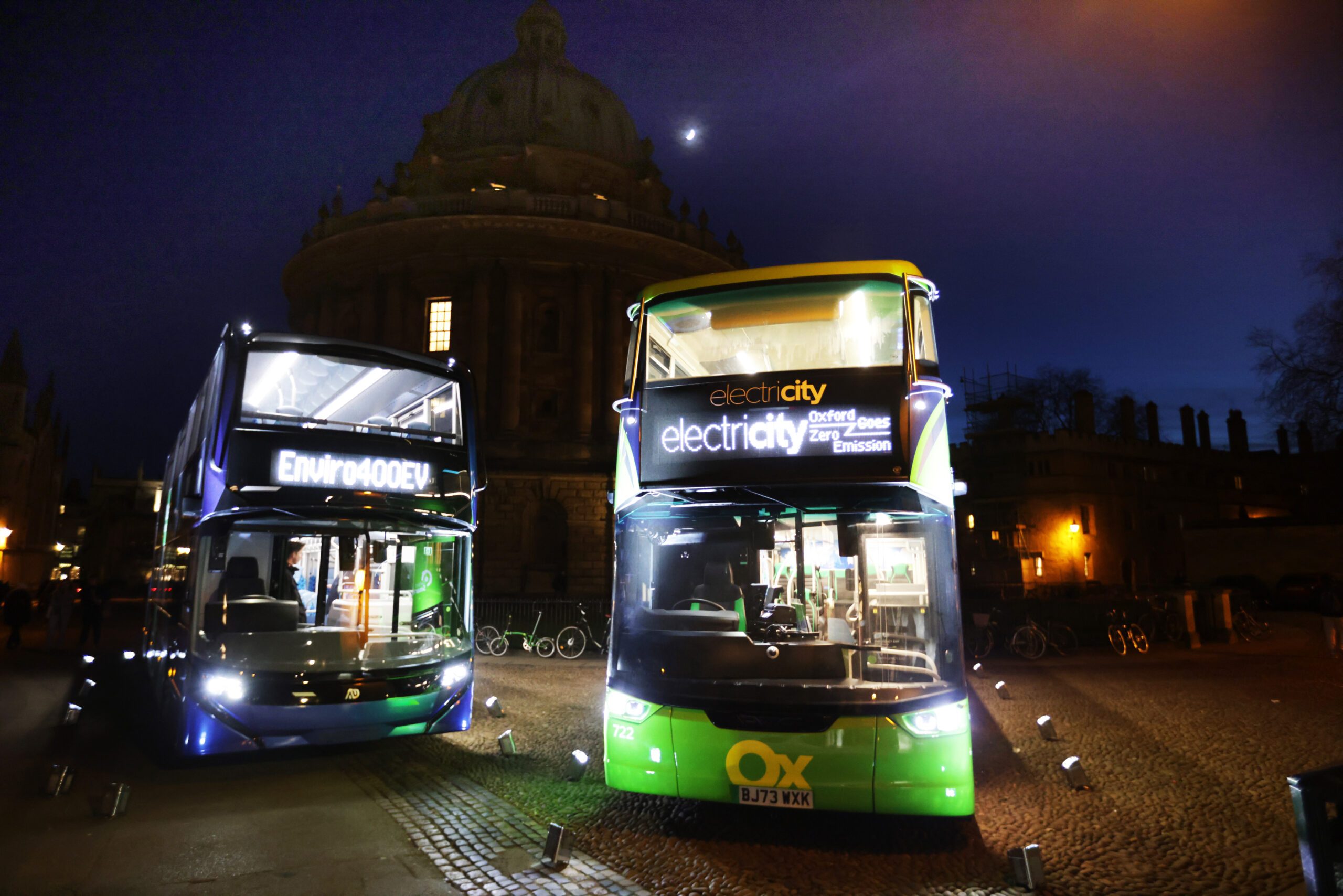In the most recent Bus-News magazine, I took a look at the National Attitudes Travel Study (NATS) Wave 9, which considers the key factors for people choosing whether or not to travel by bus.
Fixed-route bus services are the most common form of public transportation worldwide, primarily because they are a cost-effective and flexible option to implement. However, compared to heavy and light rail routes, the bus is often seen as an unreliable and less desirable option. To ensure these services are increasingly beneficial and attractive, it is therefore paramount for the industry to consider user feedback and preferences for how they are delivered.
With this in mind, the UK Department for Transport (DfT) recently released the results of its National Travel Attitudes Study (NTAS) Wave 9, which aims to provides valuable insights into the nation’s perceptions of bus services. Conducted between August and September 2023, the survey focuses on attitudes towards zero-emission buses, bus fare caps and the demand for additional services.
Zero-Emission Buses
A significant outcome of the study highlighted the public support for zero-emission buses. Indeed, 37 percent of respondents said they would be more likely to travel by bus if a zero-emission vehicle were available. Furthermore, a notable 74 percent of respondents across various demographics voiced support for reducing air pollution and improving local air quality through the use of zero-emission buses.
These results suggest that transitioning to zero-emission buses is not only beneficial for reducing direct emissions but can also help improve public perceptions and encourage more people to travel by public transport.
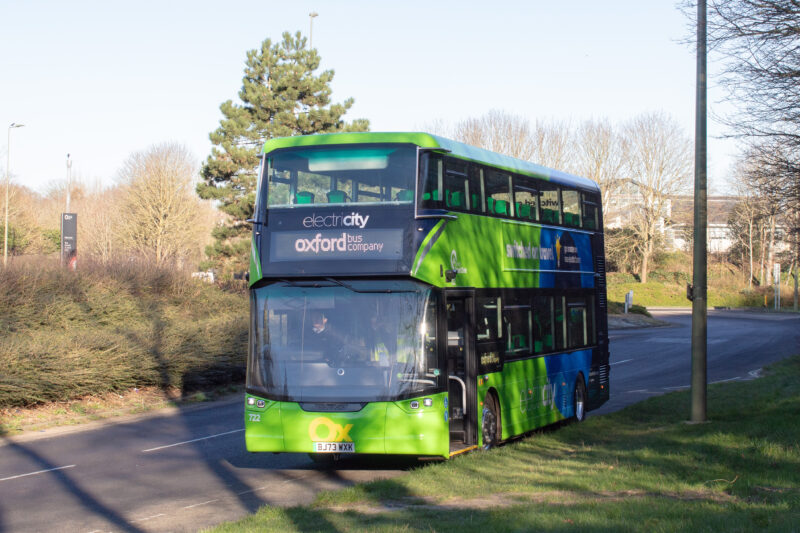
However, the transition to zero-emission buses can also prompt concerns about additional disruptions and a decrease in reliability. Be this as it may, 47 percent of respondents disagreed with the statement that “zero-emission buses are less reliable than diesel vehicles,” while 16 percent agreed. Consequently, as technologies continue to develop and a greater number of zero-emission buses are rolled out, it is important that operators and manufacturers work to ensure this statement gains less and less relevance, so that passengers perceive the bus as consistently becoming more, rather than less reliable.
Bus Fare Caps
Alongside reliability, cost is a primary factor to consider when choosing a mode of transport. The UK’s introduction of the 2 GBP single bus fare cap for services outside London.
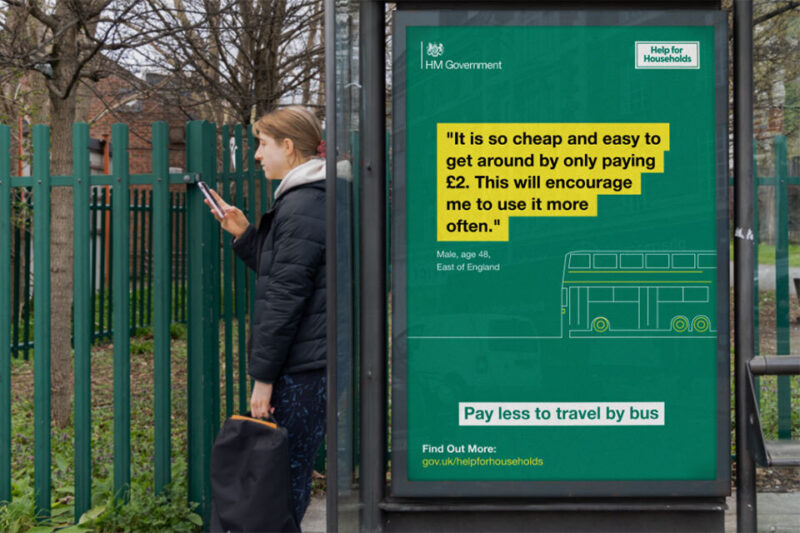
This cap is a significant incentive to encourage more people to use public buses. However, the NTAS survey revealed mixed awareness about this scheme, with 50 percent of respondents acknowledging the cap on single bus fares but an equal percentage remaining unaware of the offering.
Of the respondents outside of London who were aware of the bus fare cap, 39 percent stated that they had chosen to use the bus over other types of public transport as a direct result of the cap. Meanwhile, 40 percent said they used the bus more because of the fare cap.
These results show that for a significant proportion of people, pricing strategies can effectively shape public transportation habits. This therefore supports the government’s recent decision to extend the 2 GBP scheme until the end of 2024.
Demand-Responsive Bus Services
With technology continuing to help shape transportation, the study also explored attitudes towards demand-responsive bus services, which transport passengers when and where they choose rather than following a fixed route and timetable.
Approximately 34 percent of respondents expressed a likelihood to use such services, emphasising the importance of flexibility and personalised scheduling. Those who already use the bus weekly displayed a higher inclination to do so, with 45 percent of these respondents expressing that they would use demand-responsive buses.
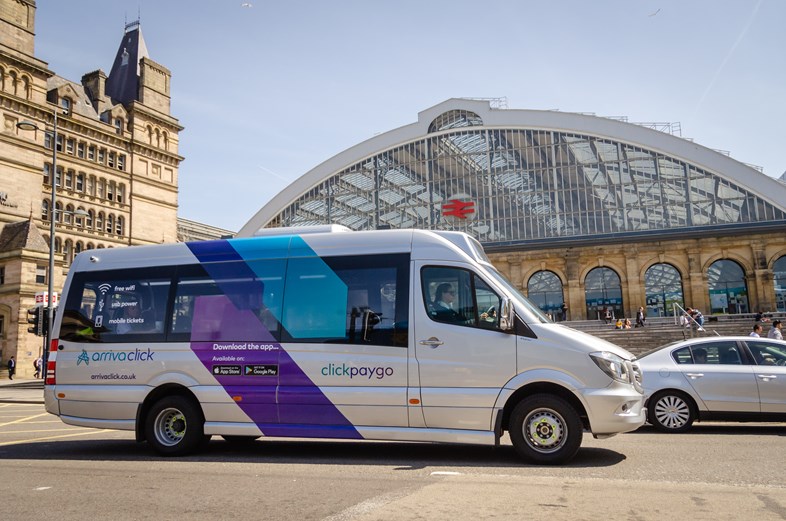
A primary concern regarding the implementation of these services included preferences for booking methods and the readiness of individuals to embrace digital technologies. Indeed, while 69 percent expressed confidence in using apps or technology to book bus journeys, 20 percent still preferred traditional methods such as a call centre. This was particularly relevant for participants aged 70 and above, 46 percent of whom would prefer to book a bus by calling a call centre. As demand-responsive bus services are introduced, it is therefore important that these options enhance rather than limit accessibility and mobility for all by not relying solely on digital solutions.
Enhancing Bus Stops and Stations
The NTAS study also examined the demand for additional services near bus shelters or stations. In relation to this topic, 58 percent of respondents expressed a preference for local services such as convenience stores and post offices, suggesting a wider vision for bus stops to act as community hubs. Additionally, 38 percent desired secure longterm cycle lockers. This underlines the growing interest in sustainable and multimodal transport for end-to-end journeys.
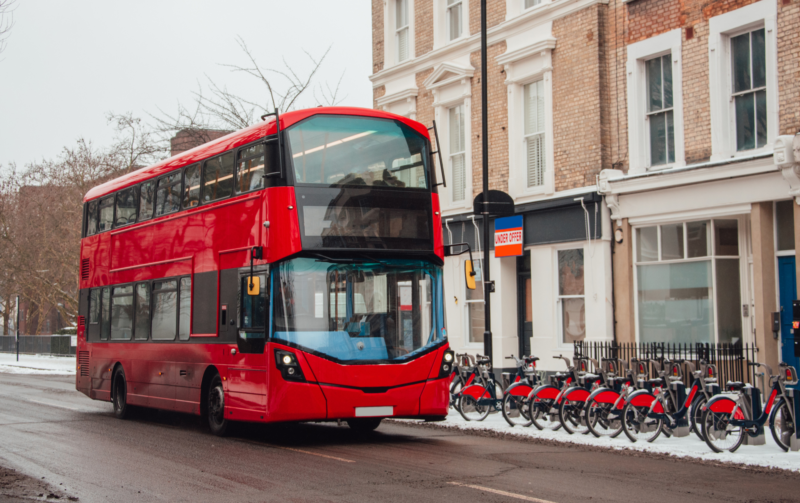
Overall, the NTAS Wave 9 provides a valuable insight into the evolving attitudes towards bus services in the UK. The future of bus transport is indubitably linked to sustainability, affordability and technological innovation. As attitudes towards these trends continue to develop, policymakers and transportation authorities must therefore remain aware of public perceptions in order to deliver a resilient and responsive public transit system.
The comprehensive results from the National Travel Attitudes Study (NTAS) Wave 9 can be found here.










